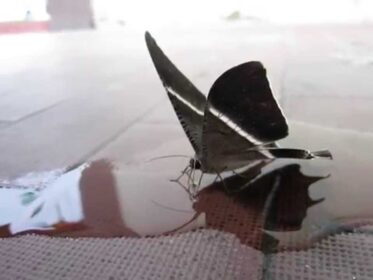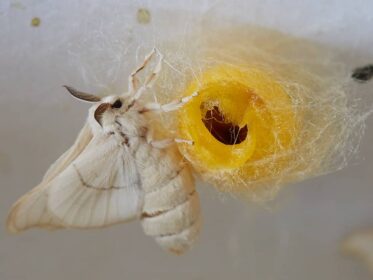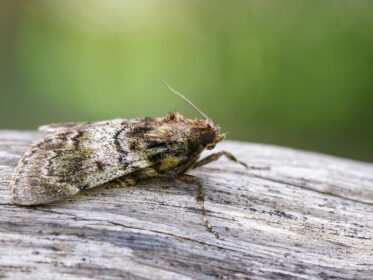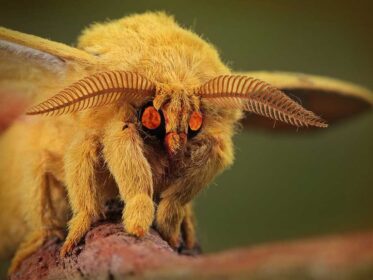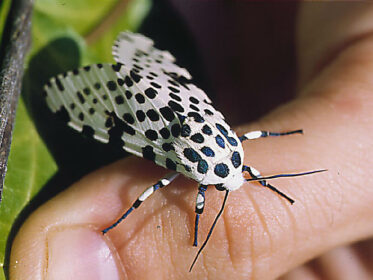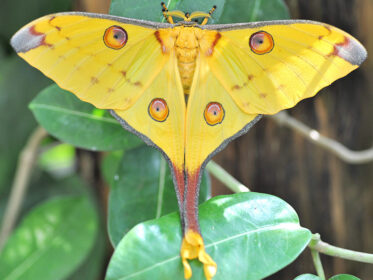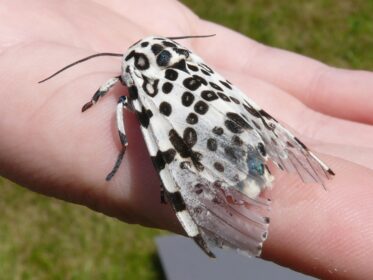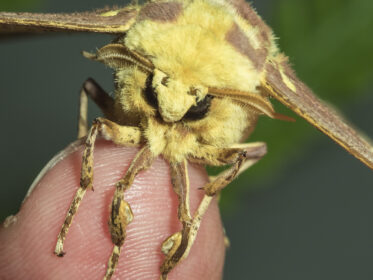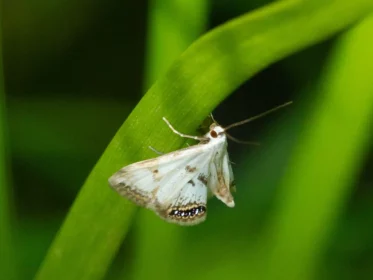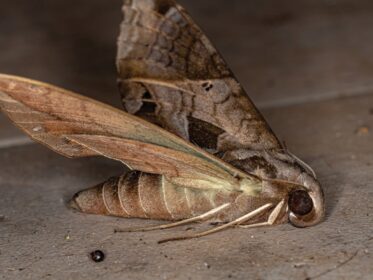
How Do Moths Die? Lifespan and Demise of Moth Species
Moths can die from various causes, including natural lifespan limits, predators, disease, environmental factors like extreme weather, exposure to pesticides, accidents, old age, lack of food, and reproductive stress. Moreover, their fate depends on factors like species and environmental conditions. Moths are essential to ecosystems as pollinators and prey, contributing to biodiversity. How do natural…
Continue reading How Do Moths Die? Lifespan and Demise of Moth Species

